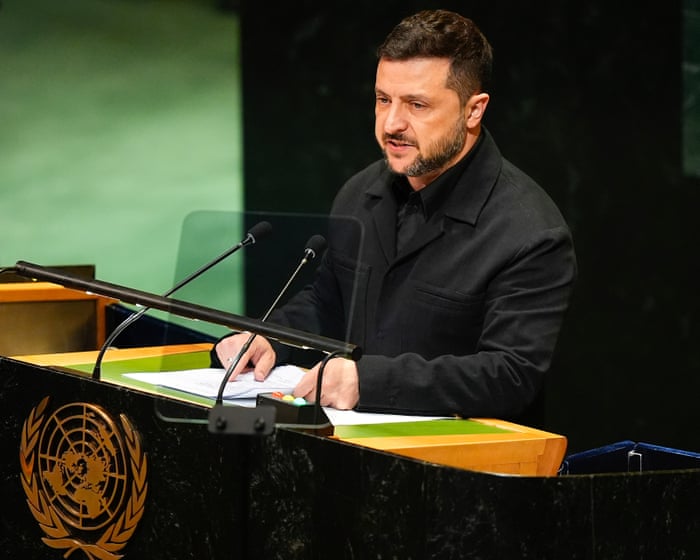Democrats must keep the focus on Jeffrey Epstein’s case. This scandal reveals the true nature of the president like no other has before. Despite weathering countless controversies, Trump has never seemed as rattled as he is now, forced to repeatedly answer questions about the women and girls whose lives were ruined by his former “best friend.”
We may never know everything in the so-called “Epstein files,” but their contents are clearly damaging enough that the president and his defenders are calling the whole thing a “hoax.” They’ve even recessed Congress to block a vote on releasing the documents and sent the deputy attorney general to visit Ghislaine Maxwell in Florida before she was quietly moved to a low-security prison in Texas filled with celebrity inmates.
As conservative commentator Bill Kristol recently said, quoting Nixon’s Watergate admission: “Trump may have given us a sword. We should use it.” He’s right—to a point. While keeping this scandal alive, Democrats must also address the everyday economic issues that hurt them in the last election.
In 2007, Joe Biden delivered a devastating line about Rudy Giuliani that stuck: “There’s only three things he mentions in a sentence: a noun, a verb, and 9/11.” The remark worked because it exposed the emptiness behind Giuliani’s post-9/11 persona. Democrats now face a similar challenge: how to keep attention on this scandal that finally shows Trump’s true character to his base, without appearing to exploit tragedy like Giuliani did.
The message should be simple and repeated everywhere: Trump protects the elite. Use speeches, social media, and constant pressure—promise a special committee on Epstein, demand Republicans release the files in exchange for government funding, and flood officials with FOIA requests. This scandal confirms what many voters already feel: Trump and the GOP shield the powerful at ordinary Americans’ expense.
Some Democrats understand this. Their focus on Elon Musk’s special privileges and Bernie Sanders/AOC’s anti-oligarchy tour touches on similar themes, but nothing has captured public attention like the Epstein case. For some Trump supporters, these revelations have finally exposed him as the social-climbing, self-important figure he’s always been.
Why does this story resonate when Trump’s wealth-chasing has been obvious for decades? As Maggie Haberman notes, New York’s elite operates in two tiers—the flashy socialites and the truly powerful. Trump has always desperately tried to bridge both worlds. This scandal lays that bare.Trump has long portrayed himself as a rebellious billionaire outsider, but the Epstein scandal shatters that image. Instead of being a disruptive force, he’s revealed as part of the elite establishment—the very system he claimed to oppose.
Democrats should make Epstein central to their messaging, linking it to Trump’s broader failures. Why did he slash taxes for the wealthy while gutting Medicaid? Why risk auto workers’ jobs with trade wars? Why threaten to fire the Fed chair? The answer is the same: Trump protects the powerful—just like he’s protecting Epstein’s associates.
Michigan Senate candidate Mallory McMorrow has already seized on this theme, blending the Epstein case with a broader critique of elite privilege. In a recent video, she declared:
“This is why trust in our institutions is crumbling. Until we root out corruption and hold everyone—everyone—accountable under the same laws, we’ll keep living in a country with two justice systems: one for the rich and powerful, and another for everyone else. We deserve better. Release the files now.”
Trump’s ties to Epstein expose the GOP’s culture of favoritism and unchecked power. The scandal resonates because it confirms what many already suspect: the wealthy see ordinary people as expendable. And Trump, who constantly flaunts his riches, embodies that disconnect.
Epstein isn’t just a scandal—he’s a symbol. He represents shuttered rural hospitals, families choosing between medicine and food, and veterans fighting for care while billionaires buy political influence. The Democratic message is straightforward: “Trump and the GOP protect the elite. They abandon you.”
Some might worry this approach could backfire, but remember Benghazi—a fabricated scandal that stuck because it tapped into real distrust of the Clintons. Epstein does the same, reinforcing the belief that Trump’s circle operates above the law. Even his supporters are asking: Where are the files? Why is there a two-tiered justice system?
Democrats should hammer this point relentlessly: “Trump protects elites. That’s why he shields Epstein’s friends. But who’s protecting you?”
—Peter Rothpletz, The Guardian contributor



